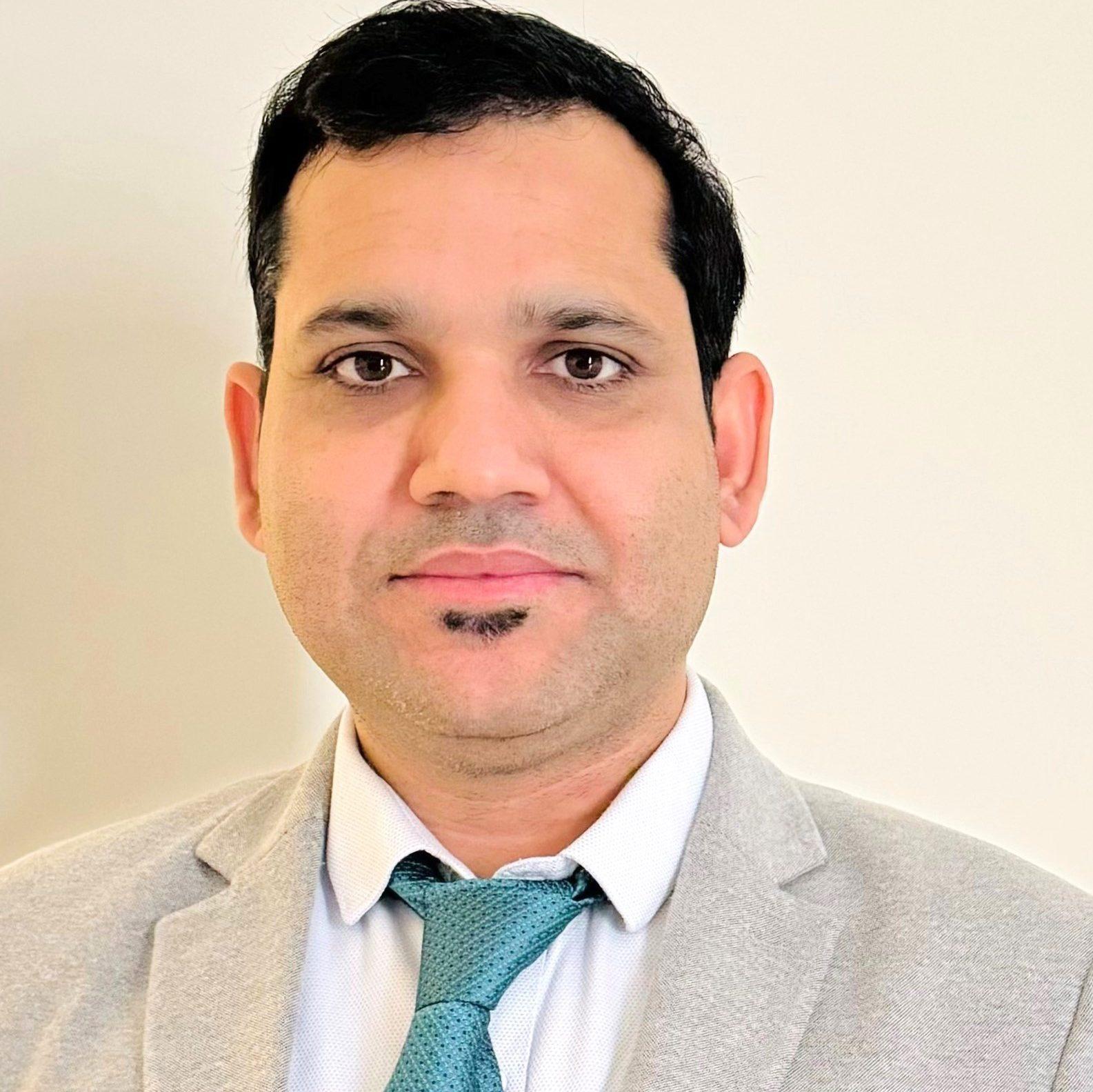Over the last decade, I have dedicated much of my time to quality teaching and research as well as to developing courses and educational materials. As a result, I have acquired extensive teaching experience by teaching 17 unique Courses, 14 different Course-Labs, and conducting 4 workshops on different topics.
Computer Vision (GEIT2421) - Taught 6 times
How can computers understand the visual world of humans? How should we develop and apply the existing algorithms so that computers can ‘understand’ or ‘recognize’ objects in a given image. This course deals with these kinds of issues where perception is formed from a given image. Introduction to the basic concepts in computer vision. Students should be able to perform basic image analysis using algorithmic techniques. Students learn how to use MATLAB or OpenCV to implement algorithms related to computer vision.
